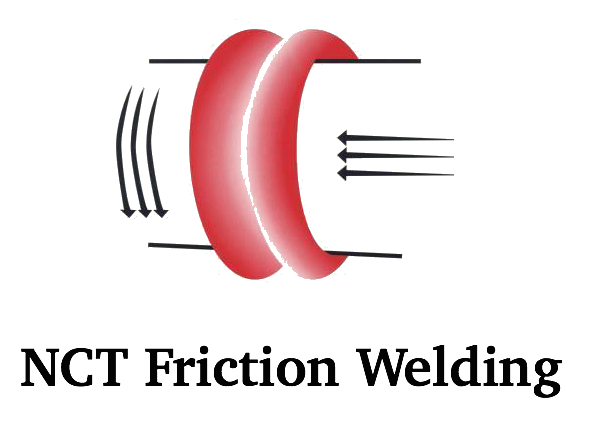NCT Friction Welding’s fully equipped Inspection & Metallurgical Testing Laboratory enables us to develop and qualify the most challenging of parts and processes.
Destructive Testing
As the name suggests, destructive testing (DT) includes methods where your material is broken down in order to determine mechanical properties, such as strength, toughness and hardness. In practice it means, for example, finding out if the quality of a weld is good enough to withstand extreme pressure or to verify the properties of a material.
Metallurgical destractive test is completed during the weld development process to prove material tensile and shear properties, and analyze and verify material microstructure. It is also used on a periodic sampling basis during production per customer requirements or as prescribed by various quality specifications. Important material properties like material ductility, elongation, yield, and adhesion can be demonstrated and measured.
NCT’s destructive testing capabilities include tensile, bend, metallography & material microstructure.
Non Destructive Testing
This method is used as part of a manufacturing or installation inspection to check if quality demands are being met. As an example, welded steel joints are x-rayed to check the quality of the welding. The radiographic test reveals if the joint is fully welded or contains unacceptable faults.
Non-destructive testing is a very successful method NCT uses to verify stock material integrity as well as finished products. Ultrasonic Inspection methods can verify bond integrity as well as internal material flaws such as laminations or voids.
NCT offers a variety of non-destructive testing methods, including: Helium leak test, ultrasonic, dye penetrant and flourescent penetrant.
Weld Parameter Monitoring assures weld quality by monitoring all crucial process parameters with limits and alarms to guarantee process integrity, repeatability, and quality.



